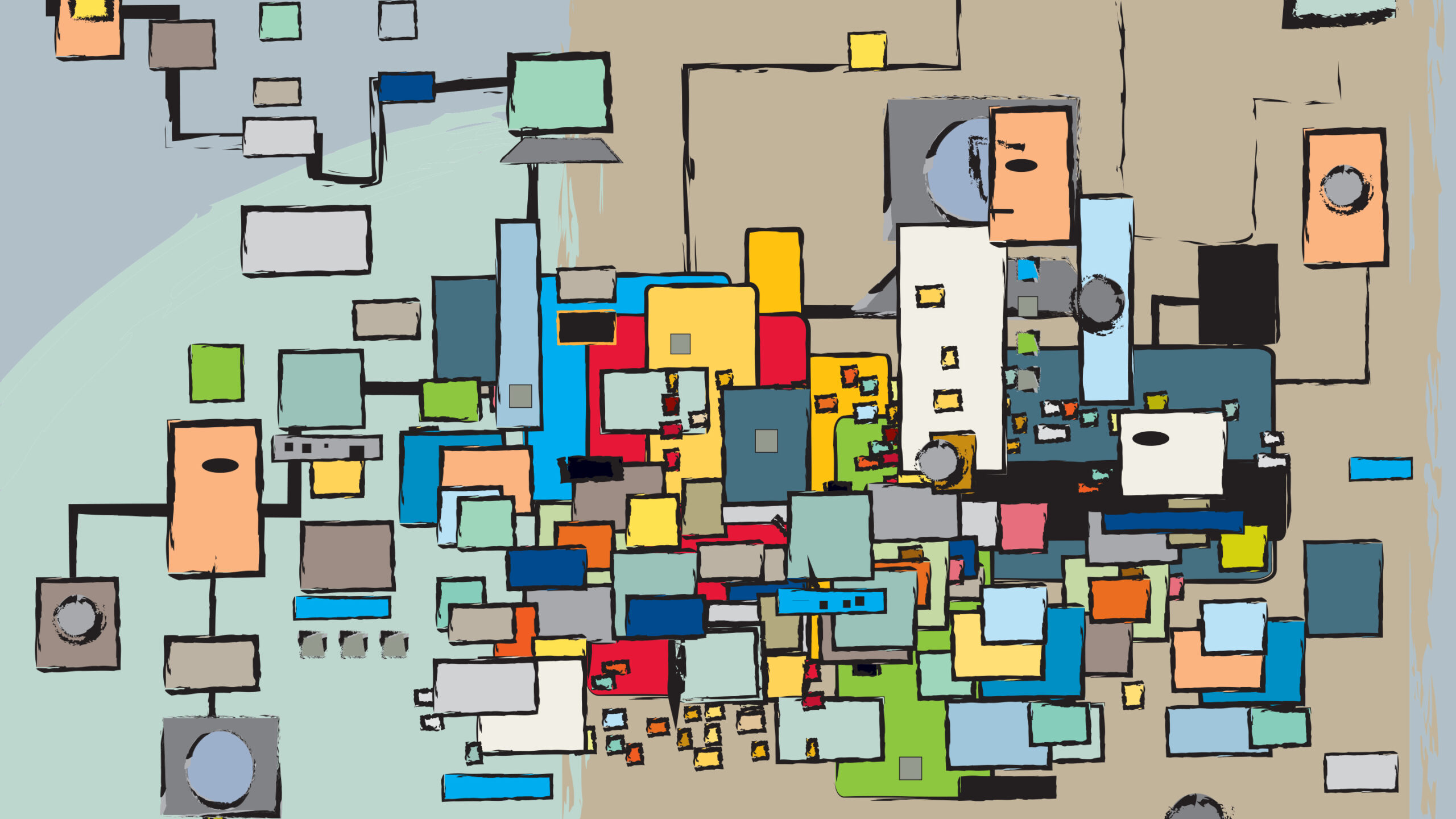During this summer, a team of students from MIT embarked on a journey to the sou …
7 Important Questions Teachers Should Ask About AI
Emma Wordsmith

While exploring generative AI, like many other educators, I often find myself inundated with a deluge of information. It’s easy to feel overwhelmed by articles speculating about the impact of AI on education or get caught up in existential ponderings about the future of our profession. The sheer quantity of articles on this topic is a testament to how rapidly our world is changing, and it can be daunting even for the most innovative among us.
As we look ahead to the upcoming school year, I suggest that we approach this issue with the same method we ask of our students when grappling with complex concepts: by focusing on essential questions and starting with a clear goal in mind. By considering the bigger picture, we can effectively navigate the logistical challenges that may arise along the way. Below, I present a set of essential questions to help educators think about the role of AI in the classroom.
Delving into the World of AI
Generative AI has already become a part of our students’ educational journey. It quietly entered our classrooms last spring and has since made its presence known through participation in homework assignments and assessments. Many of us have sensed that our connection with students’ thinking has been somewhat mediated by a robot. AI already permeates our day-to-day activities and will continue to play a crucial role in how this generation of students approaches independent learning.
As educators, it is our responsibility to ensure that our students leave school equipped with the skills to use this technology, along with other advancements, safely, ethically, and responsibly. While I understand the eagerness of early adopters to integrate AI into their teaching practices, and I empathize with those nostalgic for a simpler time in education, I believe we should not overlook the central tension we must grapple with in this moment. Our duty encompasses both practical and philosophical aspects: examining how learning transforms with access to AI.
7 Key Questions Regarding the Role of Generative AI in Education
These questions were the result of close collaboration with esteemed colleagues (special thanks to Hannah Crowder and Lisa Harper). With a slightly mischievous mindset, we consulted ChatGPT to discover what questions teachers should ask about ChatGPT itself. The AI-generated questions were not particularly insightful, but they provided a starting point for our dialogue, which was invaluable.
Why do we learn tasks that machines can perform?
What constitutes original thought? How might AI support or impede breakthrough thinking in different fields?
How do you envision the relationship between AI, human creativity, and innovation?
How might reliance on AI impact human decision-making, problem-solving, and critical thinking?
What aspects of human learning are unique and irreplaceable by AI?
How might limited access to fee-based AI services exacerbate existing inequalities among students?
Based on the above questions, what do you believe students need to learn in order to use AI safely, ethically, and responsibly? How can educators model these practices? (ISTE Standards for Educators, 2.3)
None of these questions have simple or definitive answers. At the heart of each question lies the challenge of defining the role we want AI to play in our lives. What opportunities exist now that were previously unimaginable? And what challenges have arisen in this new AI-driven landscape? We can begin answering these questions for ourselves and discuss them with our colleagues, but the most important conversations should take place with our students. After all, it is their education at stake.
Facilitating Student Reflection on AI
When we approach this topic, we must always begin with our students in mind. This generation of learners has experienced significant disruptions and transformations in their education, first due to a pandemic and now due to a seismic shift in technology. They will remember a time before AI and a time after AI. Armed with knowledge of what is possible, what kind of scholars, innovators, artists, problem solvers, and critical thinkers do they aspire to be? And how can we provide them the necessary support to achieve their goals?
Let’s start by being honest with our students. Despite the headlines suggesting the demise of traditional essays and various high school tasks, let’s acknowledge that AI has made this a more challenging time to be a student. This new technology, with seemingly limitless capabilities, resides in their backpacks and back pockets. Previous generations had to go out of their way to take shortcuts on assignments, but today’s students have shortcuts readily available to them, often built into the platforms they use. They will need to exercise impulse control, which, let’s face it, is not a strong suit for children and adolescents.
Our students will require multiple opportunities, across various subjects, to reflect on the profound questions that AI raises. As they form their own perspectives, they will likely benefit from a framework to evaluate their decisions in real-time as they engage in their coursework.
In my school, our current framework revolves around distinguishing between the process and the product. As a general guideline, we allow students to utilize AI to enhance the process of learning—for generating practice problems, clarifying complex concepts, and providing additional examples—while still requiring that the final product be their own work unless explicitly stated otherwise by the teacher.
Teaching and learning in the early stages of generative AI will undoubtedly pose challenges for all of us. There are few established guidelines, and the path ahead is unclear. The truth is, we are uncertain how AI will shape and transform education, society, and humanity. However, regardless of chatbots or any other AI applications, let’s remember this: our students have an innate drive to learn. Curiosity is ingrained in us as human beings, and making meaning of the world is an essential part of our survival instinct. No advanced algorithm can replace those fundamental qualities.


